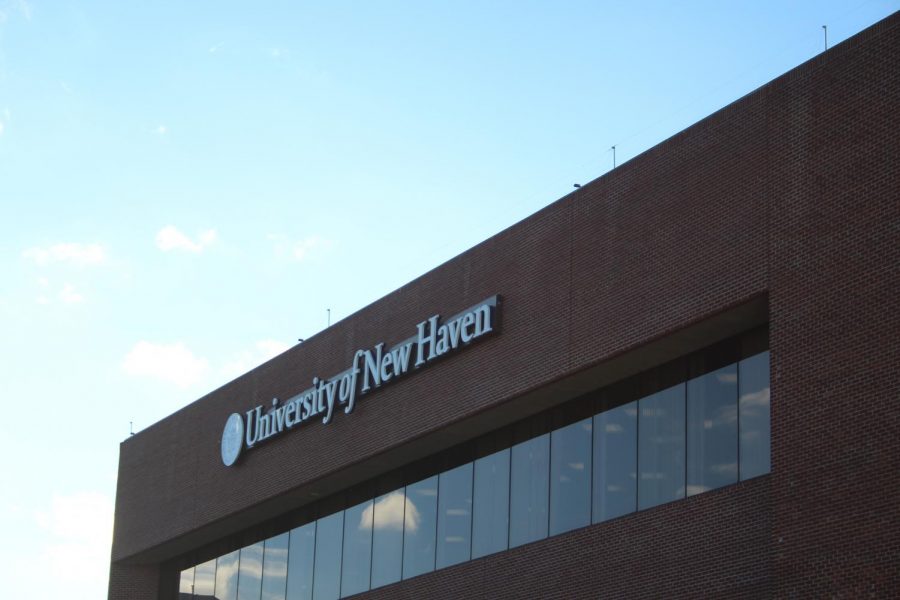Campus Climate Survey Gives Details on Student Experiences
Early last semester, the University of New Haven conducted a series of campus climate surveys as a part of an initiative to improve the campus’s diversity and inclusion.
“I feel very strongly that diversity and inclusion are critical in making us a stronger and more effective community,” said University President Steven Kaplan. “At the University of New Haven, we strive to embrace and celebrate the many differences that exist among students, faculty and staff.”
Two separate surveys were sent out, a version for students and another version for faculty/staff. As explained in Kaplan’s response to the results, each survey was broken down into three different question types.
The student version, which had 427 respondents, touched on questions that pertained to awareness of exclusionary, intimidating, offensive and/or hostile environments, perceptions of campus climate, and leadership and campus diversity initiatives.
They were aimed at gathering more detail on “the frequency, type, and location of exclusionary/intimidating/offensive behaviors” and gaining a better picture of the overall campus climate and diversity and inclusion initiatives, as per Kaplan’s response.
While 60 percent of the 138 respondents have personally experienced exclusionary, intimidating, or offensive behavior that was based on ethnicity/race, 52.44 percent of respondents agreed that their complaint was taken seriously when the incident was reported.
“It is critical that we continue to assess these efforts and use the data to continuously improve our practices, policies, and programs throughout the university,” said Kaplan.
The version sent to faculty and staff, which had 85 respondents, focused on management in terms of diversity and inclusion, culture which was centered around norms and beliefs, and policies, practices, and procedures.
Eighty-five percent of respondents agree that management has a clear understanding of what diversity and inclusion means here at the University of New Haven and 40 percent of respondents feel that the management has set a positive example for the university in terms of inclusion.
The data collected from both surveys show positive and negative aspects of diversity and inclusion at the university. While the school has come a long way to make the campus an environment that fosters inclusivity and the acceptance of all, there is always more that can be done.
Based on the data, exclusionary behavior does still occur at the University of New Haven, but it is recognized that the school is making more of an effort to handle the situations as efficiently as possible.
“While we have made progress over the past several years, I believe we must continue and, in many cases, increase our efforts to ensure that the University of New Haven is a welcoming environment for all constituents,” said Kaplan.
The raw data for both the student and faculty/staff surveys can be accessed on myCharger through Jan. 31, 2018.

Sarah is a senior English and Communications major. Within the Charger Bulletin, she has a passion for writing and reporting on events happening on campus...










